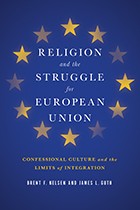Religion and the Struggle for European Union: Confessional Culture and the Limits of Integration
Reviewed by Jason Klocek (webpage)
In the lead up to the referendum on the United Kingdom’s membership in the European Union in June 2016, the divisiveness that characterized much of the Brexit debate reached new heights. Ardent disagreements between Conservative Party members made headlines almost daily. Less melodramatic, but equally telling, splits emerged amongst CEOs and small business owners, respectively. Prolific human interest stories chronicled rifts ranging from farmers to families.
Of relatively less notice, however, were divisions amongst faith communities. Yet, here too, differences festered. For example, a May poll of under 30s conducted by the Wales Institute of Social and Economic Research, Data, and Methods found that Presbyterians opposed exit by a two-to-one margin; whereas, Anglicans favored exit by nearly the same degree of difference. Other Protestant denominations appeared similarly Eurosceptic, while Roman Catholics were evenly split.
These figures, and the limited attention they garnered, remind us that religion remains one of the least well-documented and understood determinants of support for the European project. It is precisely this neglect that makes the most recent book by Brent F. Nelson and James L. Guth a timely and valuable contribution. This provocative volume reminds the reader that religious ideas have long played a powerful role in shaping European attitudes towards state sovereignty and political union.
The book begins with a simple empirical puzzle: why do Catholic-majority countries like Belgium and Italy frequently support integrationist efforts, while Great Britain and the Nordic countries routinely contest efforts at deeper assimilation? Past studies point to economic, security, and geopolitical concerns to explain this variation. But, Nelson and Guth suggest these only tell part of the story. In addition to material interests, they argue that cultural factors also inform and shape visions of European integration. They point, in particular, to the enduring influence (although more and more faintly) of distinct Catholic and Protestant confessional cultures on leaders and citizens. The former, they argue, contributes to a preference for assimilation; the latter engenders a deep skepticism about the value of political unity.
The book outlines the causes and consequences of these divisions in four parts. Part One discusses why religion remains an important explanatory factor for understanding the European project. Namely, confessional cultures provide an important identity marker, along with tools of socialization, that elites and citizens implicitly and explicitly draw upon to address questions of political authority, identity, and structure.
Part Two traces the development and persistence of Catholic and Protestant views on the value of political fragmentation. Drawing on a broad range of secondary sources, the authors contend that such divisions date back to the Reformation and subsequent wars of religion. Catholicism maintained a preference for a unified Europe due to a theological commitment to universalism and close political ties to imperialism. In contrast, Protestantism legitimized the temporal fragmentation of Christendom and found refuge in the discrete European nation-states that emerged in the 17th century.
Parts Three and Four offer rich examples of how these distinct confessional cultures have correlated with the behavior of leaders, political parties, and citizens since World War II. The former outlines the early influence of key Catholic figures - such as Robert Schuman and Konrad Adenauer – on the European project, along with the corresponding resistance from Protestant political parties in Great Britain and the Nordic Countries. The latter section reviews the activities of elites and political groups in more recent years.
The book concludes with a modest proposal. Persistent cultural differences may well make full political union impossible. However, these divisions do not necessarily preclude the possibility of a community of sovereign states that advance peace and prosperity on the Continent.
I find the overall claims of this volume compelling. However, the book’s analysis could have gone further in three primary ways. First, a tighter link needed to be drawn between confessional cultures and political actors’ attitudes towards integration in the second half of the book. For example, a convincing case is made in Chapter 7 that British elites and their publics were deeply resistant to European federalism from the start of the postwar period. Yet, it remains unclear how much religion influenced these attitudes because specific observations of these actors drawing on Protestant ideas remains absent. Likewise, Chapter 8 merely presents a correlation between Protestant-majority countries and resistance to EU policies.
Second, the book could have provided a more nuanced analysis of how religion influences European integration. The authors do not claim that material factors are irrelevant. And, surely, we can imagine situations where security and economic concerns exert a stronger influence than confessional cultures. But, even at these times, religious ideas and identities may be shaping the decision making process in subtle ways. For example, confessional cultures might impact the timing, framing, and execution of specific policy choices This issue is not completely ignored, evidenced by an intriguing discussion of how early Protestant opposition to the European Union was framed in anti-Catholic terms. Nonetheless, the volume misses an opportunity to dig deeper.
Third, more needed to be said about when confessional cultures exert their influence. I agree with the authors that religion permeates many aspects of everyday life. But, political actors navigate a broad range of ideational factors. Therefore, it would be helpful to know under what conditions Catholic and Protestant ideas and identities are likely to be most salient. Are religious cleavages more important during times of crisis than stability? Are confessional cultures more likely to exert their influence within certain types of political systems?
In the end, this volume is to be commended for the questions it raises, its historical scope, and the attention it gives to the intersection of religion and politics. It stands out as a valuable source for scholars and policymakers interested in better understanding European attitudes towards political integration and fragmentation. Infighting between David Cameron and Boris Johnson might capture headlines in the short-term, but it very well may be the enduring differences between Catholics and Protestants that determine the future shape of the European Union.
